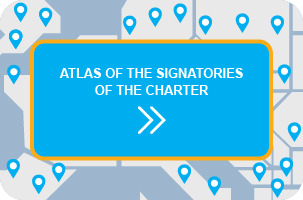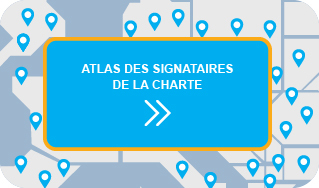Prioritise
This step consists in analysing the information obtained from Get informed and Consult phases in order to decide on a number of high-level priorities to concentrate on, in order to make a real difference over the next few years, taking account of your authority’s political priorities, and the resources likely to be available.
The priorities do not need to be issues that can be resolved quickly – for example they may require changes in attitudes and practices which might take some time to achieve, or require significant resources, but where progress can be made year by year.
We are aware that the local and regional authorities that have signed the Charter have different competences, resources and priorities. For this reason, you are not asked to take action on every article but to decide on your own priorities and timescales. It is better to have a smaller number of clear but achievable objectives than a large number that in reality are not followed through, and therefore do not lead to any change.
To decide what your priorities are, read carefully each article one by one and identify those which will allow you to achieve a realistic and feasible action plan of good quality.
This approach leads to a first step of drafting an action plan. Once the first action plan completed, you can decide to expand to other articles of the Charter along the way that the actions are carried out, or establish a new action plan with other prioritised articles.
Once you have your provisional list of high-level priorities:
- Consult again on this list and the reasons for its selection;
- Agree your definitive list of high-level priorities, once you have taken into account the feedback from this second consultation;
- Ensure that the political leadership in the authority support the agreed priorities and are committed to taking action on them and allocating the required resources;
- Ensure that the senior officers and civil servants of the authority understand and are committed to implementing the agreed priorities















